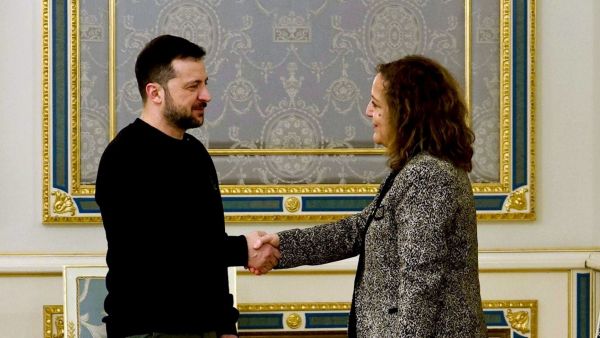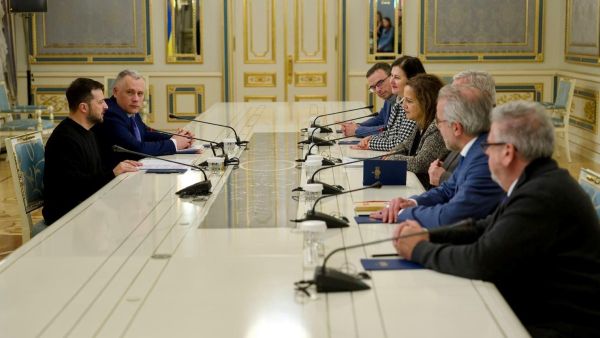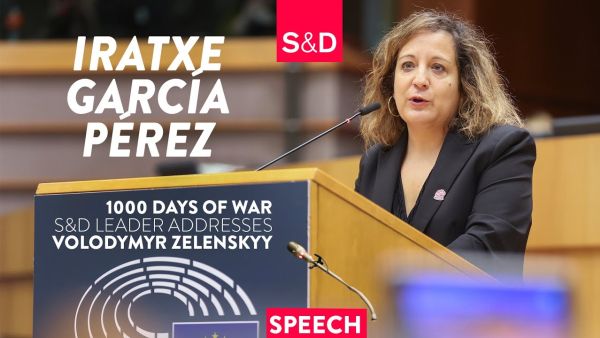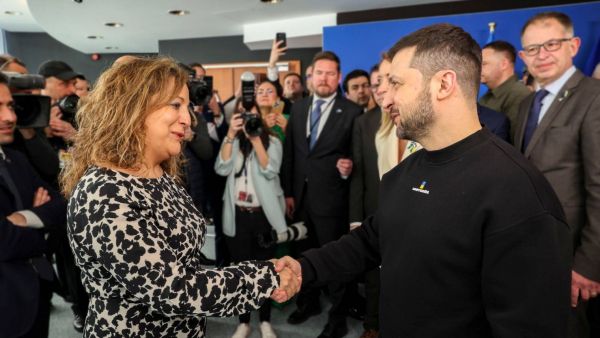"The new European Commission strategy to counter-terrorism is a step forward, but it does not go deep enough to address the roots of terrorism and to deliver a comprehensive security agenda", said senior S&D members in Strasbourg, following today's presentation by the European Commission of a new European security agenda.
Last week in Brussels, the S&D Group released its own anti-terrorism strategy, a set of proposals ranging from the issue of foreign fighters to de-radicalisation in prisons, from PNR (Passenger Name Records) to cyber security, etc. (please see: Report of the S&D Group Task Force on Countering Terrorism)
S&D vice-president and co-chair of the task force on terrorism, Tanja Fajon MEP, said:
"Some of the proposals put forward by the European Commission are in line with the ones outlined in our strategy, but overall they do not go far enough and are not innovative. The European Commission praises several existing policies and the idea that we have to fully implement them while also introducing PNR, a revised proposal on Smart Borders and making a strong link to the European Agenda on Migration. From this perspective, we clearly fear that security measures will eventually prevail over fundamental rights.
"Moreover, we were expecting greater emphasis on social challenges such as de-radicalisation, rehabilitation in prisons, parental authorisation for minors, and development aid to third countries. The EC's strategy does not mention at all the need to promote religious tolerance or specific projects to deal with returning youngsters who have been disillusioned by the ISIS."
Voicing his group's disappointment, S&D vice-president and co-chair of the taskforce on terrorism, Knut Fleckenstein MEP, said:
"The Commission's strategy paper focuses almost exclusively on the internal dimension of security, it doesn't sufficiently address the need for a better international effort, avoiding the mistakes of the past military interventions. The fight against terrorism can only be promoted at global level, going beyond our usual western allies; especially in those regions where terrorist groups stem from, or terrorists are being trained."
"We need to also engage those leaders who do not share and promote our values. However, this dialogue must not be focused on counter-terrorism alone, but always go hand in hand with a dialogue on Human Rights and the rule of law.
"Short-term gains from cooperation with dictatorial regimes are counterproductive. The EU could be seen as cooperating with dictators, this serving as a potent recruitment tool for the extremists both in the Muslim countries and in Europe.
"Finally, according to the strategy presented today, 'the Commission will also explore the need for and possible benefits of additional measures in the area of terrorism financing'. This commitment is too vague. We should be more resolute in cutting off financial and arms support to terrorist organisations, engaging countries such as Saudi Arabia and Qatar, from where financial support for terrorist groups is knowingly coming, but also addressing the selling of weapons coming from some EU countries."









